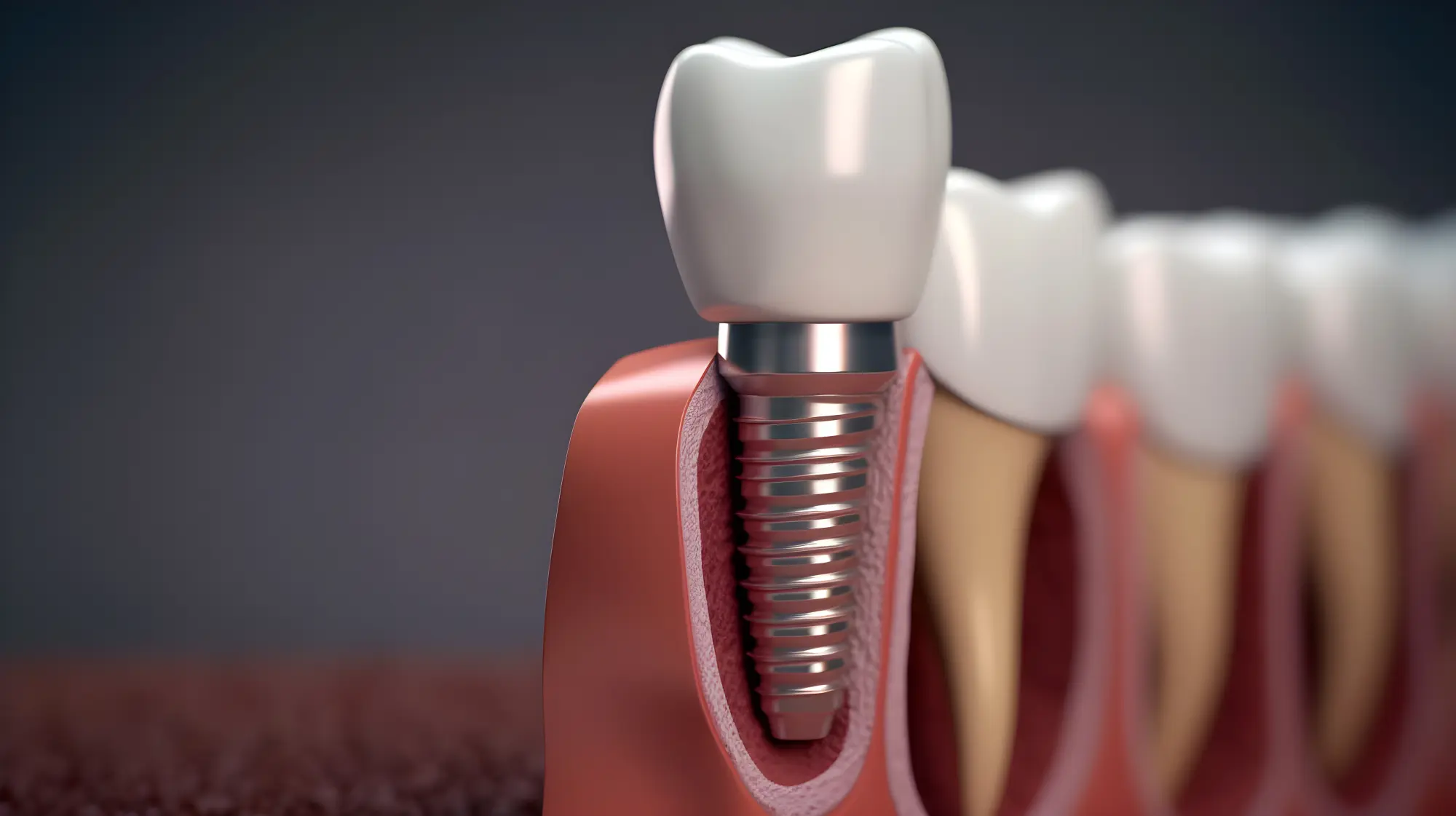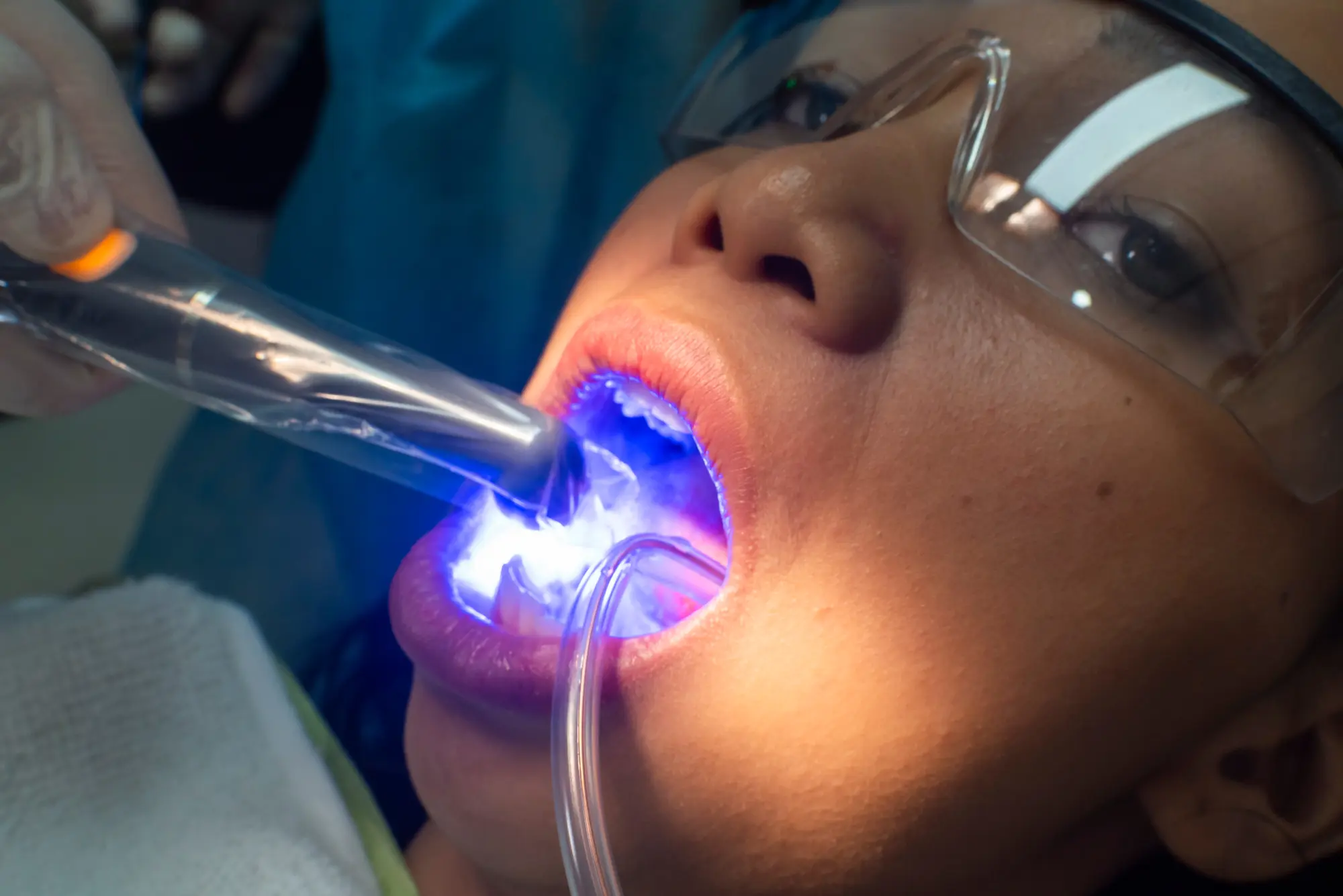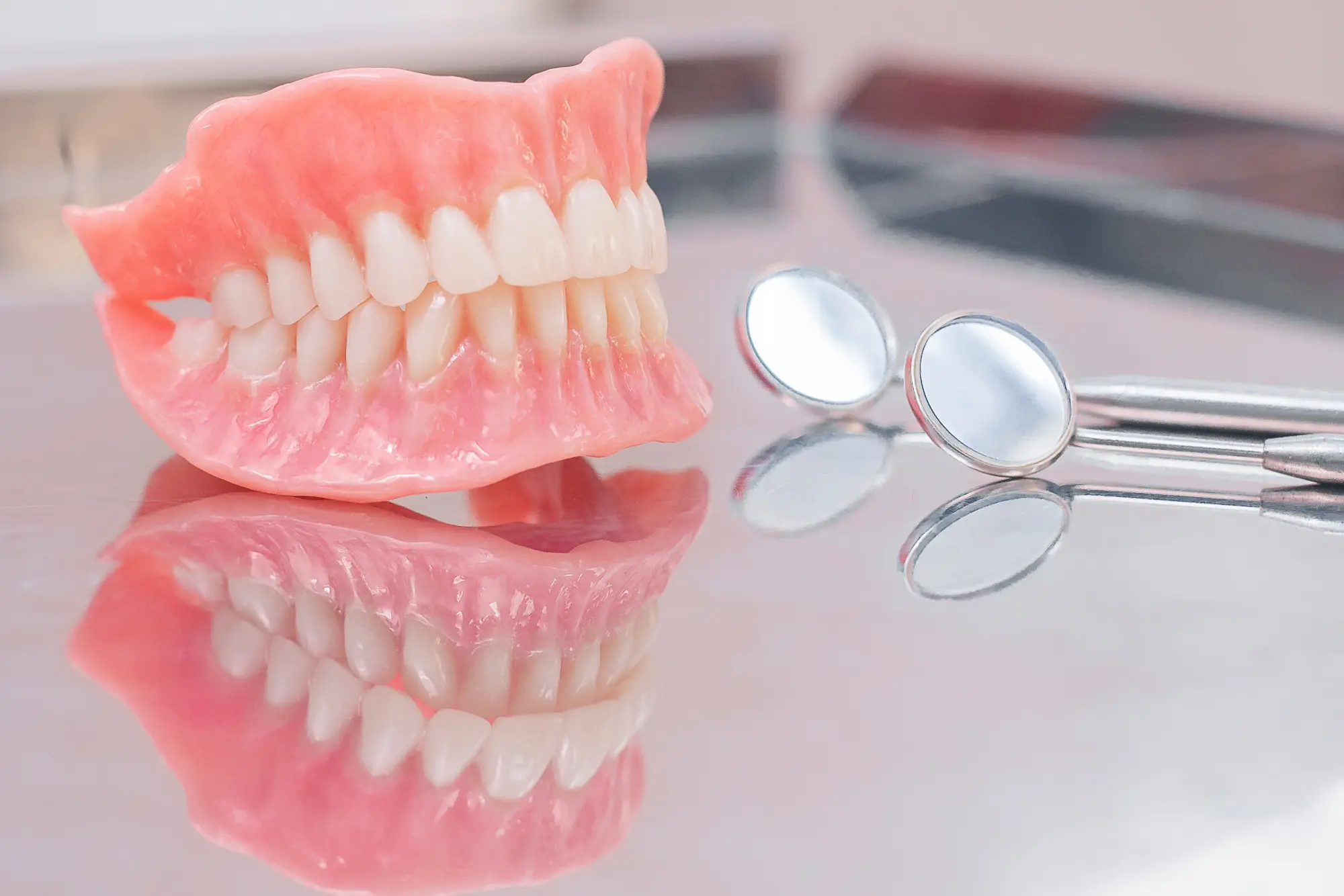Healing After Dental Implants: What to Expect
August 26, 2025

Dental implants have revolutionized the way we approach tooth replacement, offering a durable, natural-looking solution that can last a lifetime with proper care. However, understanding the healing process after dental implant surgery is crucial for a smooth recovery and successful outcome. In this blog, we'll guide you through what to expect during the healing phase, offering tips and insights to ensure your journey to a restored smile is as seamless as possible.
Immediate Post-Surgery Care
Right after your dental implant surgery, there are several key steps to follow to promote healing and minimize discomfort:
- Rest: Take it easy for the first 24-48 hours to allow your body to start the healing process.
- Ice Packs: Apply ice packs to your cheeks in 15-minute intervals to reduce swelling.
- Soft Diet: Stick to soft foods and avoid chewing on the side of the implant to prevent irritation.
- Pain Management: Use prescribed or over-the-counter pain medications as directed by your dentist.
These initial measures are essential to ensure that the implant site begins to heal properly and to alleviate any immediate post-operative discomfort.
Understanding the Healing Timeline
The healing process after dental implant surgery varies from person to person, but generally follows a predictable timeline:
- First Week: Swelling and minor discomfort are common. Follow your dentist's instructions closely during this period.
- 1-2 Weeks: Stitches, if any, are usually removed, and swelling should subside significantly.
- 3-6 Months: The implant integrates with the jawbone in a process called osseointegration, providing a sturdy foundation for the final crown.
Patience is key during this period, as rushing the process can compromise the implant's success.
Long-Term Care for Your Dental Implants
Once your dental implant has fully integrated and your permanent crown is in place, maintaining oral hygiene is paramount:
- Regular Brushing and Flossing: Continue to brush and floss daily to prevent plaque buildup around the implant.
- Routine Dental Check-Ups: Visit your dentist regularly to monitor the health of your implant and surrounding teeth.
- Avoid Hard Foods: While dental implants are strong, it's best to avoid excessively hard foods that could damage them.
By following these guidelines, you can ensure the longevity and health of your dental implants, enjoying a confident smile for years to come.
Signs of Complications
While most dental implant procedures are successful, it's important to be aware of potential complications:
- Persistent Pain: Pain that doesn't subside after a few days may indicate an issue.
- Infection: Redness, swelling, or pus around the implant site should be addressed immediately.
- Loose Implant: If the implant feels loose, contact your dentist as soon as possible.
Prompt attention to these signs can prevent more serious problems and ensure the success of your implant.
Ready for a New Smile in Mundelein?
If you're considering dental implants or have questions about the healing process, Dr. Sadia Ahmed at Mundelein Family Dental is here to help. We invite you to schedule a consultation to discuss your options and embark on your journey to a healthier, more confident smile. Contact us today at (224) 351-8707 to take the first step toward transforming your dental health in Mundelein, IL.















